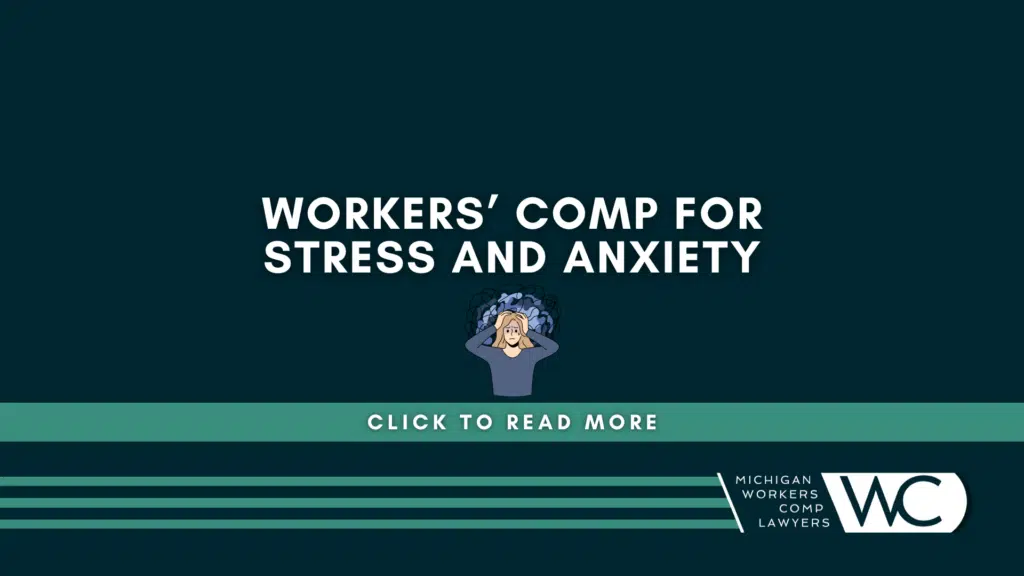NPR investigation on workers’ compensation reform and the human cost of slashing benefits.

We have been writing and speaking about workers’ compensation reform for several years. Michigan’s law has become so lopsided that it no longer provides adequate protection for employees. Here are some of the issues touched on by NPR and Michigan specific challenges.
Race to the bottom
Michigan adopted its first workers’ compensation law in 1912. It was designed as a grand bargain between employees and employers. It was intended to provide medical treatment and lost wages for people hurt on-the-job regardless of fault. In exchange for these guaranteed benefits, employers were given protection from civil lawsuits and other damages.
Insurance companies and big corporations have been advocating for workers’ compensation reform ever since. This is done under the guise of protecting “job creators.” Each state in a fierce battle to lower its insurance rates to entice business. But this comes at the expense of injured workers.
Disabled employees are supposed to be paid 80% of their after-tax average weekly wage. Legislative reforms passed in 2011 allow this amount to be reduced even further based upon “wage earning capacity.” This means that an employer or its insurance company can cut-off benefits if it is determined that a person can work somewhere else. It does not matter whether the job is real or if actual wages are being paid.
We have now seen the pure premium rate drop 30% in the last three years. Arguments about job creation are important but should not be done in a vacuum. Michigan needs a robust workers’ compensation system that treats all stakeholders fairly. The system will collapse if employees are not paid a fair amount for wage loss benefits.
Shifting cost of medical care
Proving a medical condition is work-related has become so difficult that many people have no recourse at all. This is especially true for individuals with some preexisting arthritis. People who are hurt at work don’t simply disappear when their workers’ compensation claims are denied. They seek medical treatment through group health insurance, Medicaid, and Medicare. They also collect welfare, food stamps, and apply for Social Security disability benefits. The end result is the responsible employer or insurance company pays nothing while taxpayers get stuck with the bill.
Cost-shifting is only going to get worse with the introduction of evidence-based medicine. Proposed rules have been circulating since the beginning of 2014. While it sounds good on paper, it does not work as advertised. Evidence-based medicine restricts choice of doctor and puts bureaucrats in charge of medical decision making. Injured workers don’t go away because an arbitrary guideline says they are better.
Michigan Workers Comp Lawyers never charges a fee to evaluate a potential case. Our law firm has represented injured and disabled workers exclusively for more than 35 years. Call (855) 221-2667 for a free consultation today.
Related information:
Workers’ compensation rates decreasing again in 2015
Photo courtesy of Creative Commons, by Images_of_Money.


